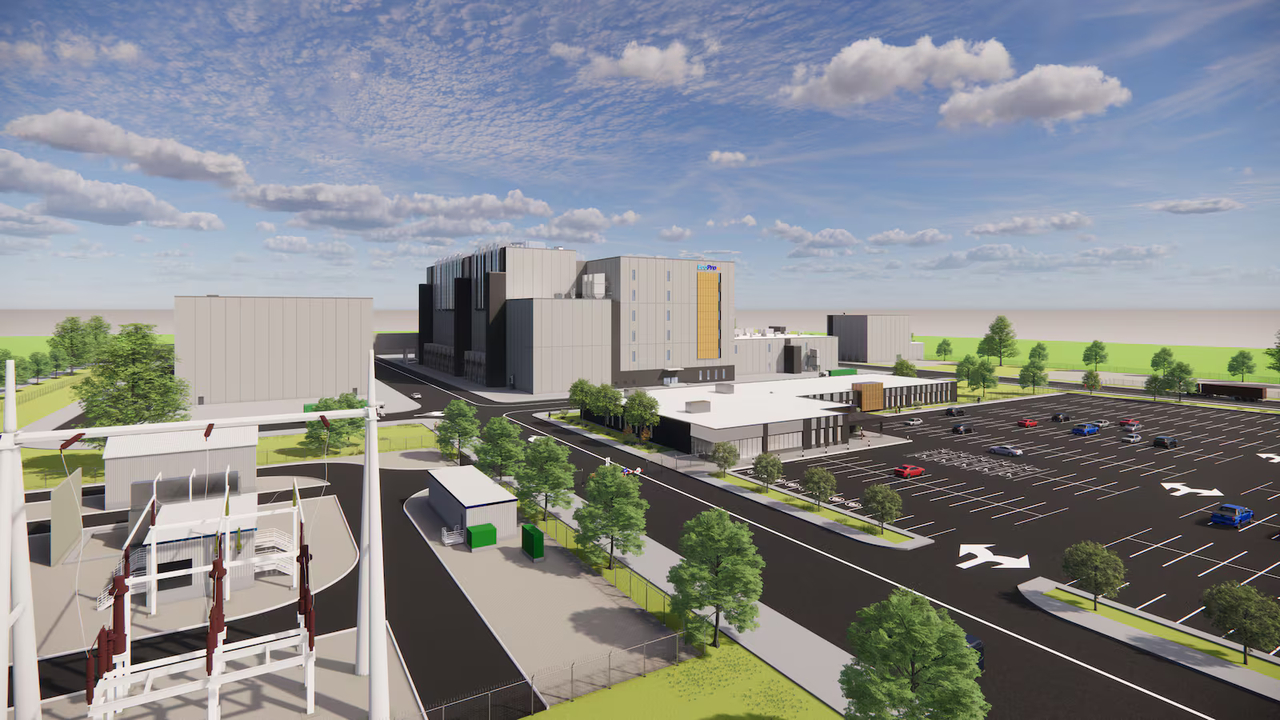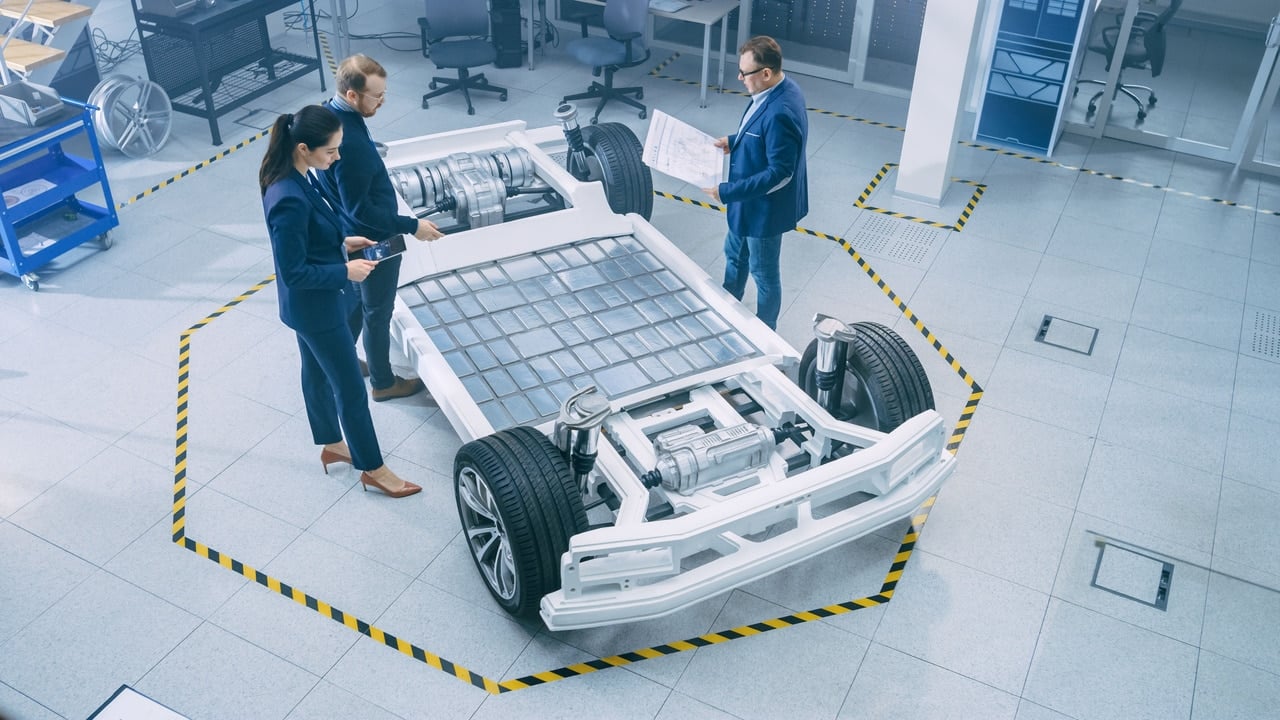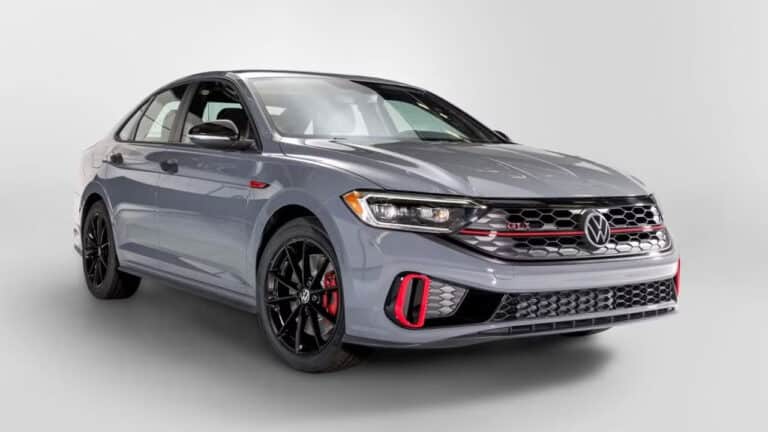Ford’s EV Shift Leaves Quebec Battery Plant in the Bind

Well, another day, another EV project bites the dust. It seems like the electric vehicle landscape is shifting faster than a Formula One car on the final lap. Ford, one of the biggest names in the automotive world, has just pulled the plug on a major battery materials plant in Quebec. This surprise move has left many scratching their heads, wondering what exactly is going on in the high-stakes game of EV production.
The plant, a joint venture with EcoPro BM Co. and SK On Co., was set to be a key player in Ford’s electric ambitions. It was expected to produce 45,000 tonnes of cathode active material each year, enough to power roughly 225,000 electric vehicles. Unfortunately, Ford has decided to take a different route, in the process leaving the $1.2 billion CAD (around $860 million USD) project in a bit of a bind.

Why the sudden change? Ford’s EV unit has been facing some financial headwinds, posting significant losses this year. On top of that, the demand for EVs is growing, but it hasn’t quite reached the levels many anticipated. Ford decided to go back to the drawing board, rethink its EV strategy, and focus more on hybrids and plug-in hybrids in the near term.
This shift in strategy means that Ford needs different types of cathodes for its batteries. The ones planned for the Quebec plant were specifically designed for pure EVs, not the hybrid models Ford is now focusing on.

Thankfully, this whole situation doesn’t mean Ford is giving up on electric vehicles. Blue Oval is still committed to building a profitable EV business, but it is taking a slightly more cautious approach this time. As for the Quebec plant, it’s still under construction, with EcoPro BM Co. leading the charge. They remain confident in the project and are looking for new partners to fill the void left by Ford.
Challenges and uncertainties facing the automotive industry as it transitions to electric vehicles are often unpredictable. The EV market has experienced quite a roller-coaster ride in the last couple of years. It’s a complex game with many moving parts, and companies are still figuring out the best way to navigate it.





